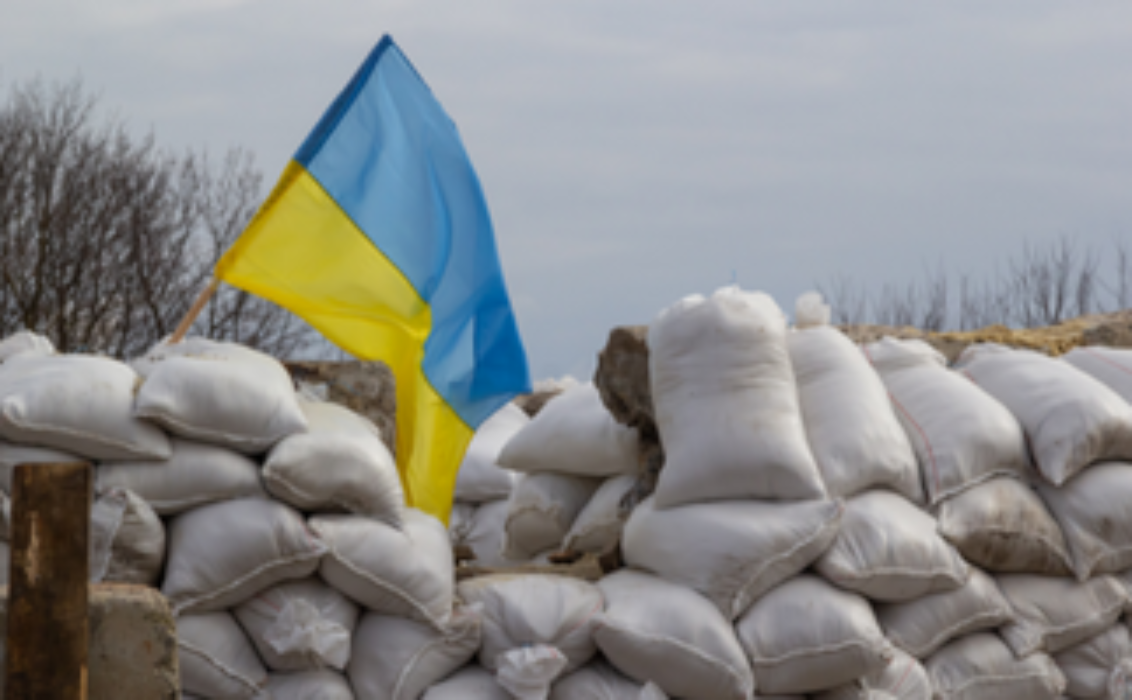The city of Kherson and the nearby villages in southern Ukraine have been occupied by Russian forces since early March. Nadiya (name changed to protect privacy), a young woman living with Type 1 diabetes and resident in the region shared with us her personal experience and fears about living under Russian occupation.
|
“Kherson and the villages in the region around it are closed off by the Russians. We have little to no medicines and food, especially in the villages. As long as some products are still available in Kherson, we are trying to save them up, but even this is becoming difficult as prices are rising quickly. As all people living with diabetes in Ukraine, I am concerned about the lack of medicines and supplies. I keep calling the hospital to ask when I can receive more insulin. The answer is always the same «At the moment we can only provide insulin to those who do not have any left». Every time I call, I learn that there are less and less medicines available. Currently, I have enough insulin to last me until the end of the month, because I managed to get my supply at the pharmacy before the start of the war. But I am afraid that in a few weeks, when I need new insulin, there will not be any left. Today I used the last test strips in my glucose meter. Luckily, I have a second meter with enough test strips for a few weeks. Other people living with diabetes in the region, including children, have already run out of supplies. We try to contact and help each other through chats. But it is difficult to find enough diabetes supplies. Especially in small towns and villages, there is no insulin left. There are not even queues in front of pharmacies anymore because they are empty. The father of a friend of mine has end-stage cancer, and he is in a lot of pain because there are no painkillers left in the city. My mother has high blood pressure, and I am concerned about her because very few medicines are available and she cannot take them regularly. Morally, it is very challenging to be here, and I personally hope to be able to escape to Odessa soon, and to convince my parents to come with me. Leaving is scary, as is staying, especially now that we have learnt about what happened near Kyiv. I believe it is a miracle to be still alive. If we are going to stay in Ukraine during this war, our only hope is to move to the territory controlled by the Ukrainian army. Personally, I try not to go outside. As a woman I am particularly afraid of being exposed to dangerous situations. I love Ukraine, and I love my city. Even now, this is the best place on Earth for me, and I am extremely grateful for the people who are courageously defending our country. On March 1, when the enemies first fired on the area where I live, a man I know told me «Do not be afraid. I am close». He is now on the frontline, where it is extremely dangerous, with many other brave men, and the sound of their calm voices brings me hope. When I am safe again, I want to write memories about this”. |
To know more about how to donate and support people living with diabetes in Ukraine, visit our dedicated website:
www.connectsolidarity.eu



